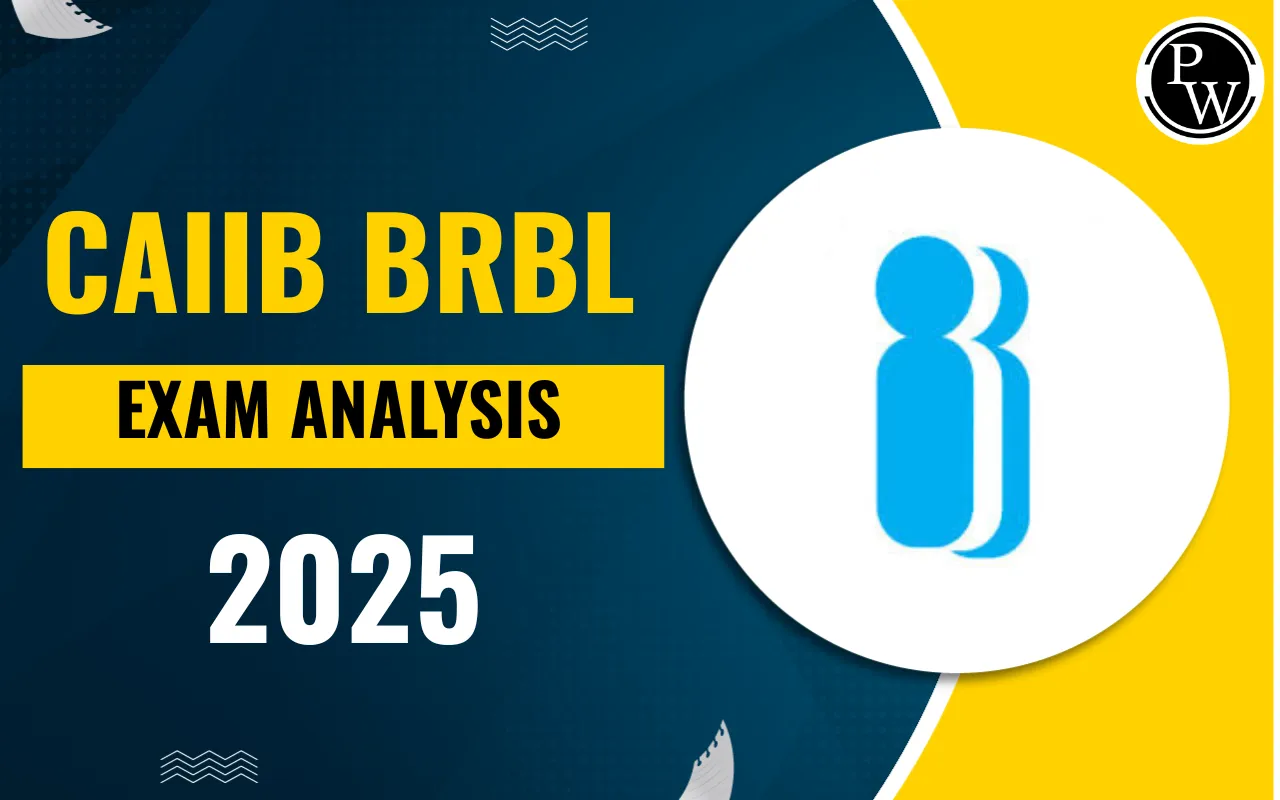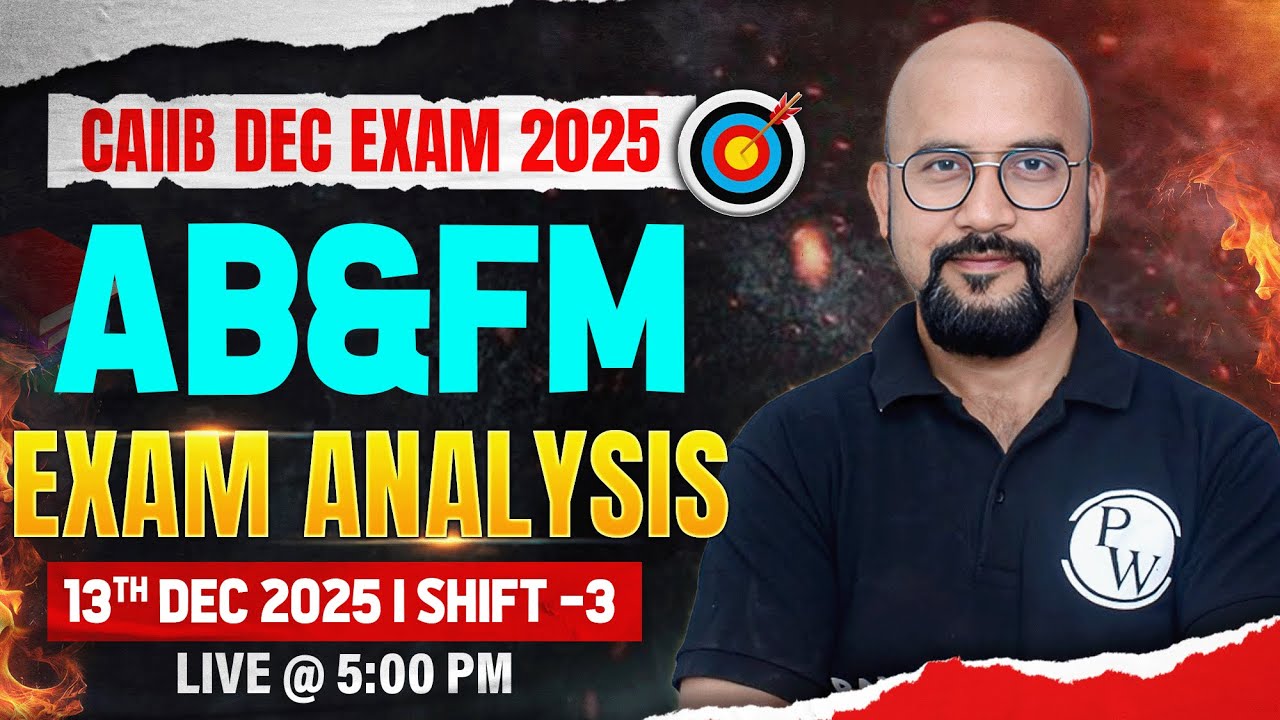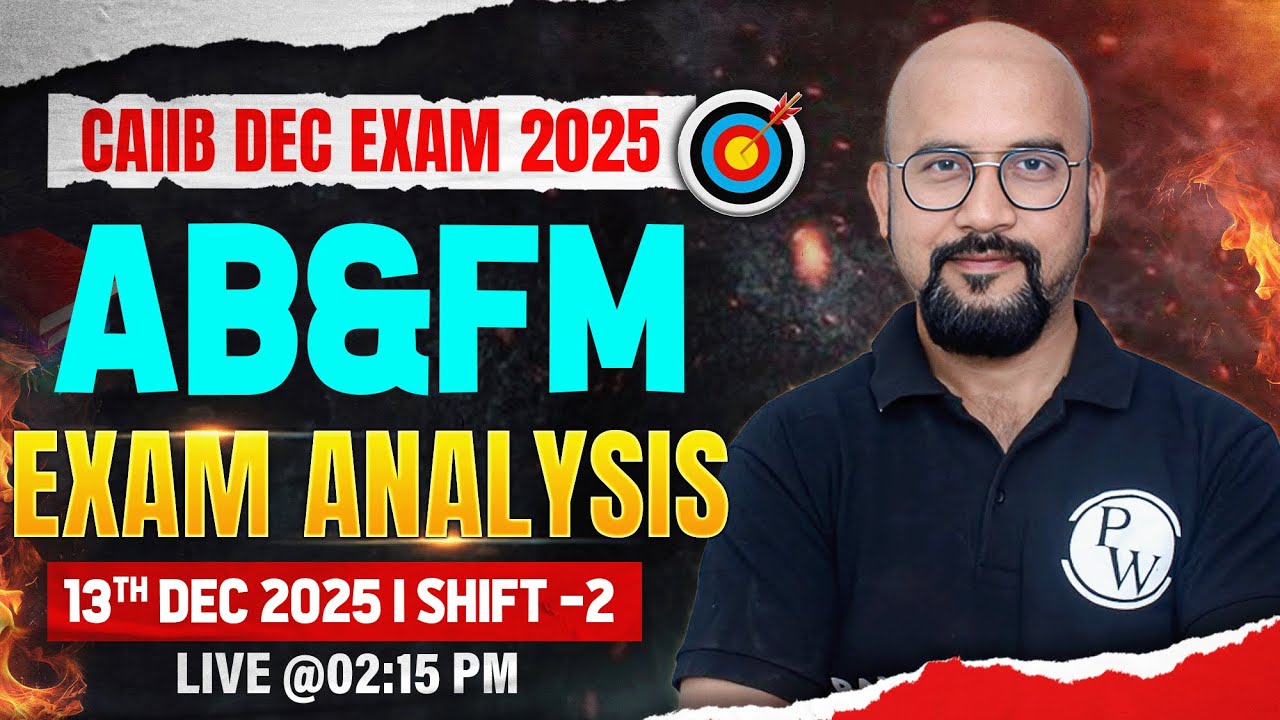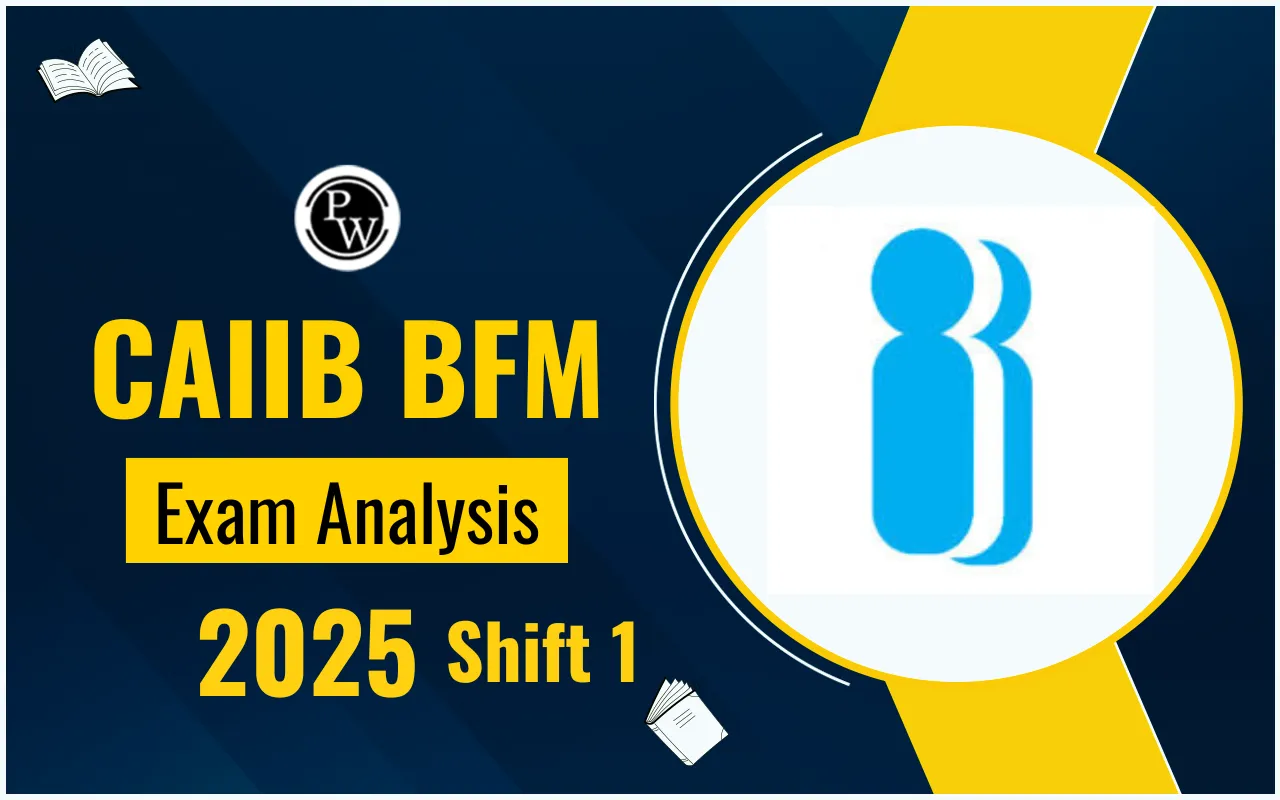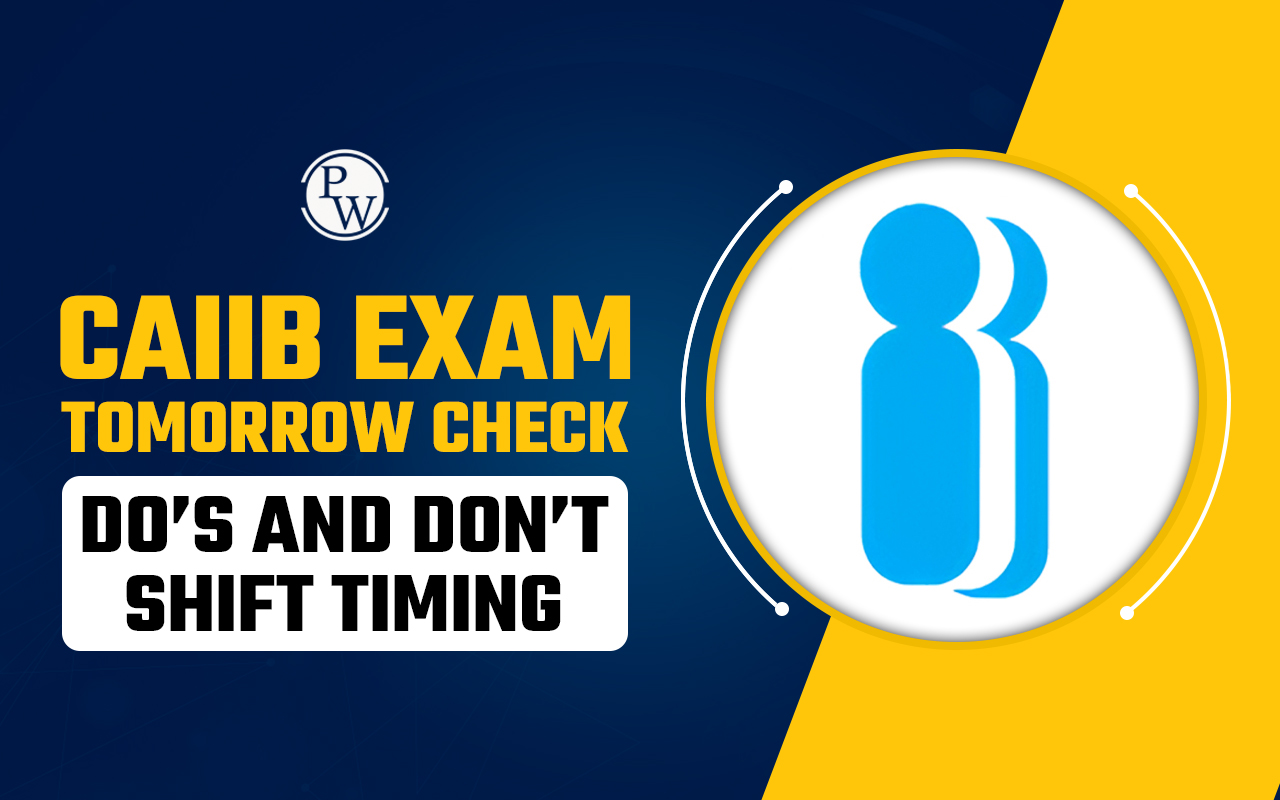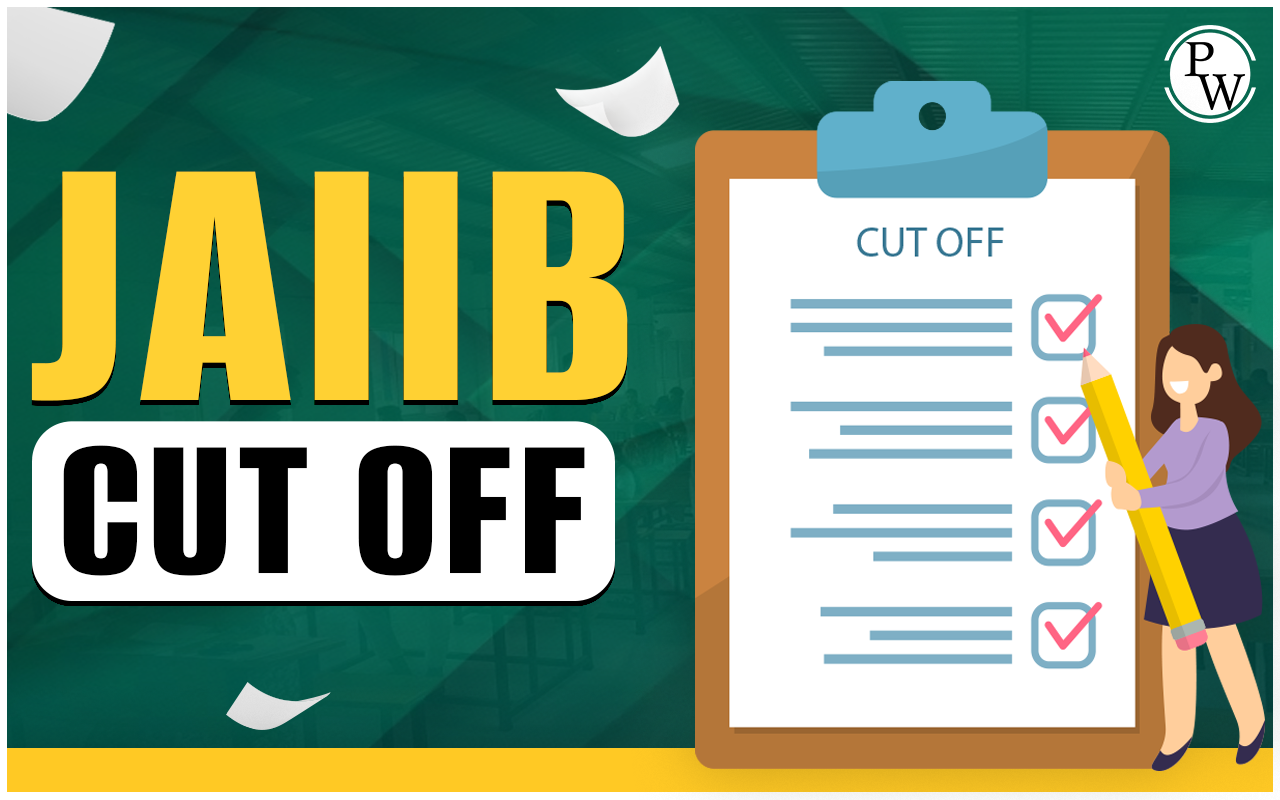
Clearing and Settlement Systems in Banking: Payment means the performance or performance of an obligation to pay, which may or may not involve a transfer of money. The payment is therefore a financial obligation regardless of which parties agreed on the formation of the payment. The Clearing and Settlement system could be understood as a payment market infrastructure that facilitates the movement of money to fulfill a financial obligation. The need for a payment system is an important part of business.
Use the payment system when you make purchases in the online store, transfer money from a bank or credit card, buy stocks or shares. The payment obligation can also be fulfilled without a financial intermediary (peer-to-peer). The payment transaction does not always have to be made in cash, it can be made as a guarantee, goods or another bond decided by the participants of the payment system.Clearing and Settlement Systems in Banking
India has several payment and settlement systems, both gross and net. For gross payments, India has a Real Time Gross Payment System (RTGS) called by the same name. Its online settlement systems include Electronic Settlement Services (ECS Credit), Electronic Settlement Services (ECS Debit), Credit Cards, Debit Cards, National Electronic Funds Transfer (NEFT), Instant Payments and Unified Payments Interface (UPI). RBI encourages alternative payment methods to make financial payments and settlement processes in India safer and more efficient. This has made RTGS necessary for high value transactions. It introduced NEFT and NECS (National Electronic Clearing Services) to encourage individuals and businesses to change from paper to electronic transactions.- Payment Systems Vision 2021 aims to achieve a "highly digital" and "simple" society with competition, cost efficiency, convenience and trust. The need for a self-regulatory organization: a digital payment space that can act as a two-way communication channel between players and the regulator. The organization also aims to establish minimum benchmarks, standards and help control criminal behavior.
- Potential benefit: The number of digital payment transactions is expected to more than quadruple from 20.69 billion in December 2018 to 87.07 billion in December 2021.
- Digital payment transaction turnover as a proportion of GDP (currently at market prices) It is expected to further increase to 10.37 percent in 2019, 12.29 percent in 2020, and 14.80 percent in 2021.
- RBI expects faster growth of individual retail e-payment systems both in terms of transaction volume and better availability.
- Payment systems such as Unified Payment Interface (Instant Payment Service) are likely to record more than 100 percent of the 40 percent average annual growth of the National Electronic Fund Vision.
Cash-Elite Economy
- It is an economy where the high usage/amount of cash circulation is reduced, which encourages the use of electronic payment channels and lowers the cost of production and transportation of cash.
- A cash society is one in which most goods or services are purchased by credit card or electronic money transfer instead of cash or checks. It is an environment where money is spent without physical carrying. person to another.
Unified Payments Interface (UPI)
- It is a system that integrates multiple bank accounts into a single mobile application (from any participating bank) that integrates multiple banking functions, seamless money transfer and merchant payments into a single body.
- It also responds to "Peer to Peer" collection request which can be scheduled and paid according to need and convenience.
National Electronic Fund Transfer (NEFT)
- It is an electronic money transfer system operated by the Reserve Bank of India (RBI). it began in November 2005, the organization is founded and managed by the Development and Research Institute of Banking Technology.
- NEFT allows Indian bank customers to transfer money between two NEFT enabled bank accounts separately. This is done through electronic messages.
- Unlike real-time gross settlement, fund transfers through the NEFT system are not real-time. NEFT transfers funds every half hour in 23 installments, which take place on weekdays from 8:00 am to 7:00 pm and on the 1st, 3rd and 5th Saturdays of the calendar month.
- Transfers initiated outside of this time frame will be resolved in the next available window. Withdrawals are not made on the second and fourth Saturdays, Sundays or holidays of the month.
Clearing and Settlement System
- RBI is taking steps to increase penetration of hosting infrastructure in the country.
- The infrastructure will be scaled to at least six times its current level over the next three years.
- To implement a coordinated approach to regulation, RBI will collaborate with other sectoral regulators such as Securities and Exchange Board of India, Insurance Regulatory and Development Authority, Telecom Regulatory Authority of India etc. to eliminate regulatory frictions and facilitate the operation of the system. operator and customer convenience.
- It also considers the introduction of electronic orders/standing instructions in retail payment systems subject to consumer protection and appropriate safeguards such as checks on registration of payment instruments, transaction limits, segments, etc.
Clearing and Settlement Systems in Banking FAQs
Q1. What is Clearing & Settlement Systems in Banking?
Ans. Settlement means exchange of money between two banks, while Clearing can be completed without transfer of money between banks.
Q2. What is UPI?
Ans. UPI Unified Payments Interface) is a system that integrates multiple bank accounts into a single mobile application (from any participating bank) that integrates multiple banking functions, seamless money transfer and merchant payments into a single body.
Q3. What is National Electronic Fund Transfer (NEFT)?
Ans. National Electronic Fund Transfer (NEFT) is an electronic money transfer system operated by the Reserve Bank of India (RBI). it began in November 2005, the organization is founded and managed by the Development and Research Institute of Banking Technology.
Q4. What is Cash Elite Economy?
Ans. It is an economy where the high usage/amount of cash circulation is reduced, which encourages the use of electronic payment channels and lowers the cost of production and transportation of cash.
🔥 Trending Blogs
Talk to a counsellorHave doubts? Our support team will be happy to assist you!

Check out these Related Articles
Free Learning Resources
PW Books
Notes (Class 10-12)
PW Study Materials
Notes (Class 6-9)
Ncert Solutions
Govt Exams
Class 6th to 12th Online Courses
Govt Job Exams Courses
UPSC Coaching
Defence Exam Coaching
Gate Exam Coaching
Other Exams
Know about Physics Wallah
Physics Wallah is an Indian edtech platform that provides accessible & comprehensive learning experiences to students from Class 6th to postgraduate level. We also provide extensive NCERT solutions, sample paper, NEET, JEE Mains, BITSAT previous year papers & more such resources to students. Physics Wallah also caters to over 3.5 million registered students and over 78 lakh+ Youtube subscribers with 4.8 rating on its app.
We Stand Out because
We provide students with intensive courses with India’s qualified & experienced faculties & mentors. PW strives to make the learning experience comprehensive and accessible for students of all sections of society. We believe in empowering every single student who couldn't dream of a good career in engineering and medical field earlier.
Our Key Focus Areas
Physics Wallah's main focus is to make the learning experience as economical as possible for all students. With our affordable courses like Lakshya, Udaan and Arjuna and many others, we have been able to provide a platform for lakhs of aspirants. From providing Chemistry, Maths, Physics formula to giving e-books of eminent authors like RD Sharma, RS Aggarwal and Lakhmir Singh, PW focuses on every single student's need for preparation.
What Makes Us Different
Physics Wallah strives to develop a comprehensive pedagogical structure for students, where they get a state-of-the-art learning experience with study material and resources. Apart from catering students preparing for JEE Mains and NEET, PW also provides study material for each state board like Uttar Pradesh, Bihar, and others
Copyright © 2025 Physicswallah Limited All rights reserved.
Get App
